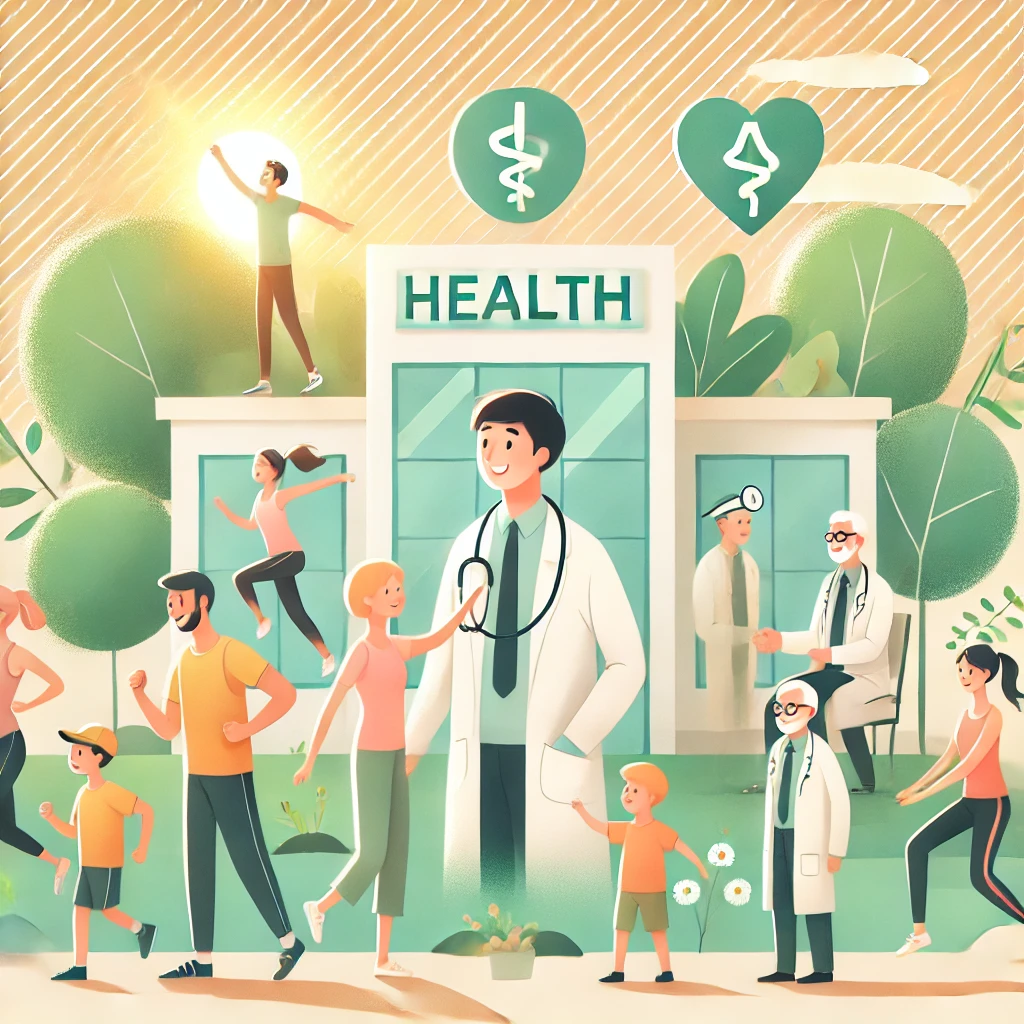Preventive healthcare is a proactive approach to health that focuses on preventing illnesses rather than treating them once they occur. It involves regular check-ups, screenings, vaccinations, and lifestyle choices that can reduce the risk of diseases. By incorporating preventive measures into our daily lives, we can catch potential health issues early on, making treatment easier and less costly.
Why Preventive Healthcare Matters
Preventive healthcare has significant benefits for individuals and society as a whole. By identifying health issues in their early stages, preventive care can:
- Reduce Healthcare Costs: Treating advanced diseases often requires expensive treatments and extended hospital stays. Preventive care, like screenings, can catch these conditions early, reducing costs.
- Improve Quality of Life: Regular screenings and a healthy lifestyle can prevent or delay the onset of chronic diseases, allowing individuals to live healthier, more active lives.
- Increase Lifespan: Healthy lifestyle choices and early detection of health issues have a direct impact on longevity.
Key Elements of Preventive Healthcare
- Routine Check-ups: Annual visits to your healthcare provider help detect early signs of health issues.
- Vaccinations: Staying updated with vaccinations prevents infectious diseases.
- Screenings and Tests: Regular tests, such as blood pressure, cholesterol, and cancer screenings, can detect conditions that may need early treatment.
- Healthy Lifestyle Choices: A balanced diet, regular exercise, and stress management all play a crucial role in prevention.
Taking care of our health proactively not only saves us from potential health problems down the road but also fosters a culture of well-being. Prevention is the best medicine—let’s embrace it and make regular check-ups and healthy choices part of our lives!






